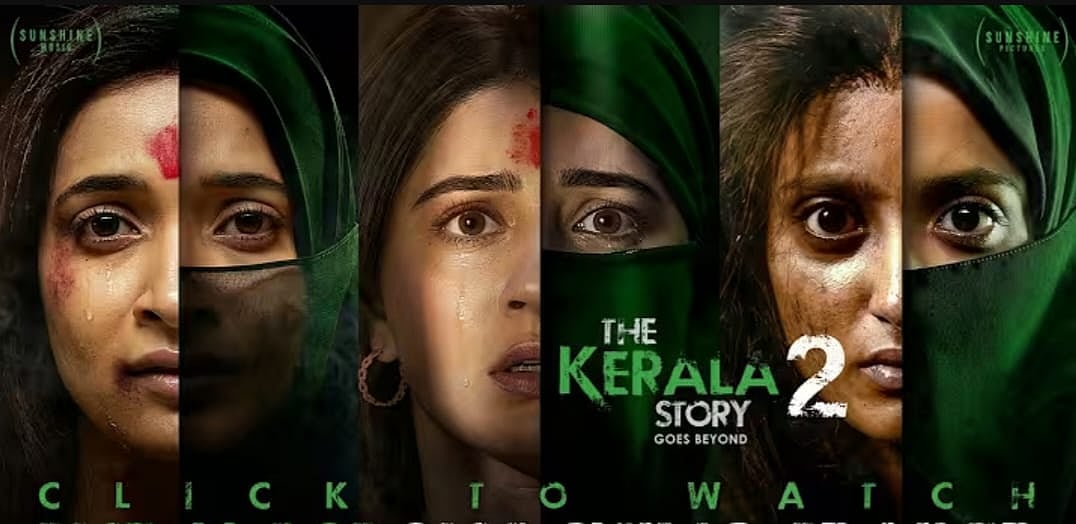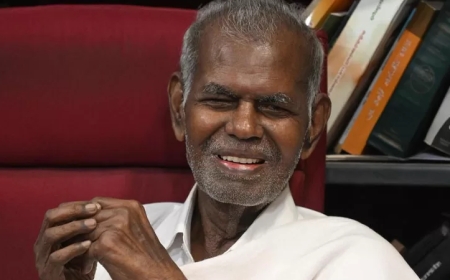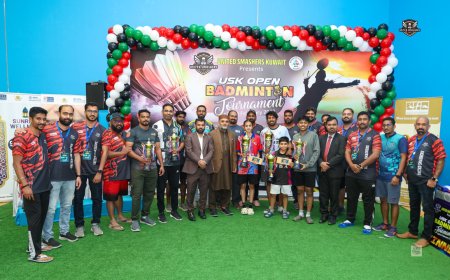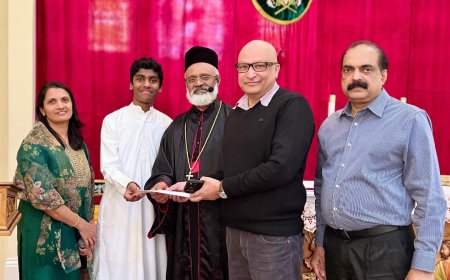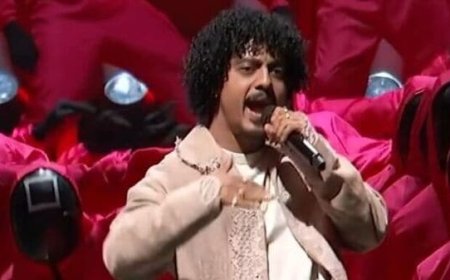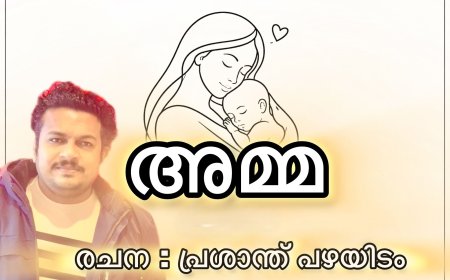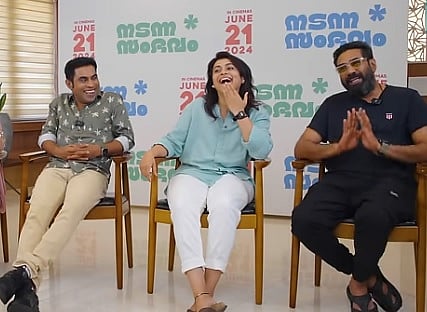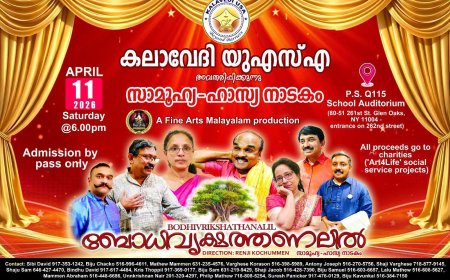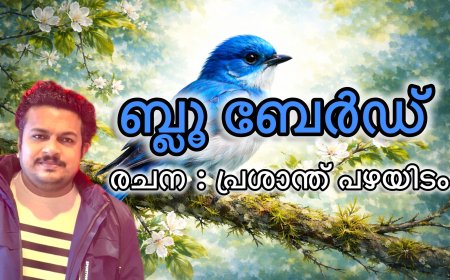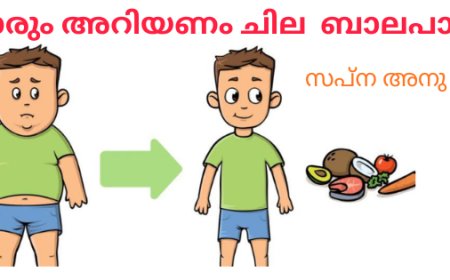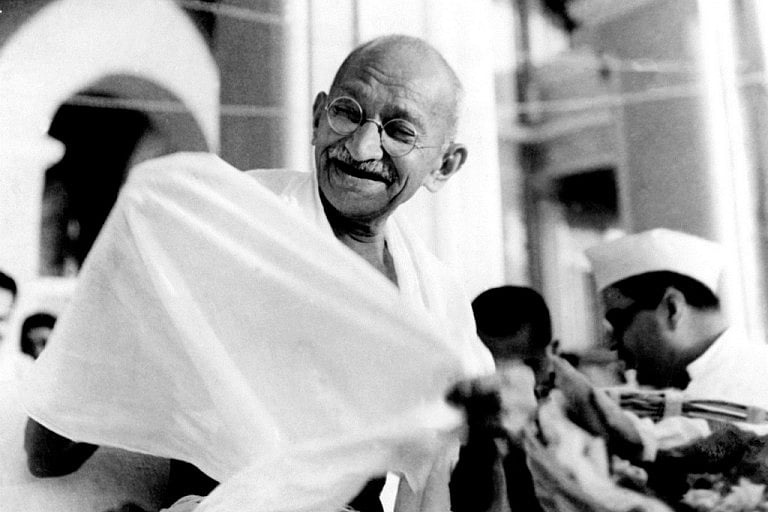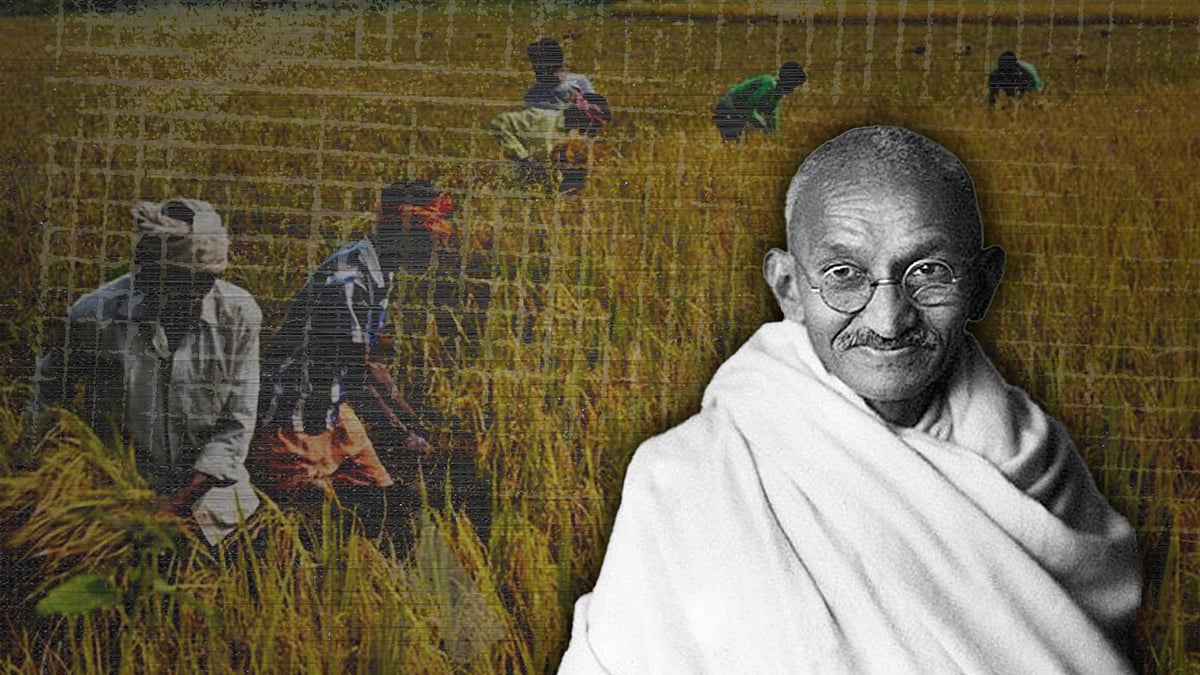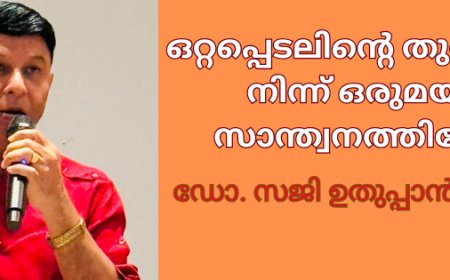Reboot the culture – the beard

AS generations pass through this world, we see new changes in lifestyles, type of transportation and redefining comfort zones. The last two generations saw major changes in their lifestyles due to scientific and technological advancements, which we call progress in human life.
We also see new highways, metro rail systems, new cars, electric cars, new building architecture, new hotels and new gourmet food preparations. All these changes have some influence on our culture, traditions and manners. The recent phenomenon we experience is a reboot of the culture and traditions to fit with the millennium generation's attitudes and behaviour.
One major change that we see globally is that men mostly below 50 years start growing full beard. Throughout the course of history, societal attitudes towards male beards have varied. Depending on the prevailing cultural-religious traditions and the fashion trends, growing beards have some influence.
Some religions such as Sikhism and some sets of Islam consider a full beard as a mandate for men. Orthodox Christian priests and bishops are required to grow a beard. Hindu Maharishi’s often used to grow beard. In olden times, about 200 years ago, many men grew a beard, not as a fashion, but probably because shaving was not that easy with proper knives as no shaving blades were available.
Once men started shaving fully probably by the end of the 19th century or the beginning of the 20th century, growing a beard was no more a fashion except for religious customs and traditions. However, there were many fashionable beards people used to grow like a trimmed beard, gotten, round and square chin beard etc.
New and better shaving blades and trimmers became available. By the beginning of the 21st century, full beard often with very little trim has become a fashion for young men, which is now spread to middle-aged and older men.
The beard culture is the beginning of the process of rebooting the culture. The Y generation and the millennium generation are looking for something different from what they have seen in their ancestors. They live, communicate, do the banking, purchasing, business, etc. with mobile phones, iPad and computers. The old culture does not fit for them and therefore just like rebooting the computer or mobile phone, they are rebooting the culture.
We see small changes in the way people dress up, very few women and men wear traditional dresses except some old people. Saree is good for fashion, for weddings etc. Saree and salwar are worn by middle-aged people mostly. The millennium generation wears pants/shorts only.
Even the way they communicate verbally is different. What we thought disrespectful during conversation is normal conversation now. Online meetings and working from home have changed the lifestyles of the young generation. Methods of school and college education are also different.
I used slate and chalk to write from Grade 1 till 3 and after that paper and pen, the pen with ink in a bottle and writing with pen dipping in the ink. Now first grade onwards the children use computers, every child has a computer and every class has a printer. Therefore, every home has a computer and a printer.
I used to walk 3 miles to high school to go to a better private school. There were not too many private CBC syllabus schools at that time. Bicycles and scooters were not affordable. Buses were not running very frequently. There were not enough bridges to cross the river, often resorting to the ferry.
With all the changes and progress in technology and transportation along with the growth of wealth, the new generation needs the change to evolve as a different society and probably men need the beard to look different. What about women, they have been cutting their hair short, getting rid of old loose clothes and wearing tighter and shorter dresses.
This year I joined five Onam celebrations by various Kerala organizations, and I see very few new generation Malayalees there. They don’t want to follow these old traditions and customs; they want to reboot the culture. Before the culture is completely rebooted, let us enjoy and follow them.





